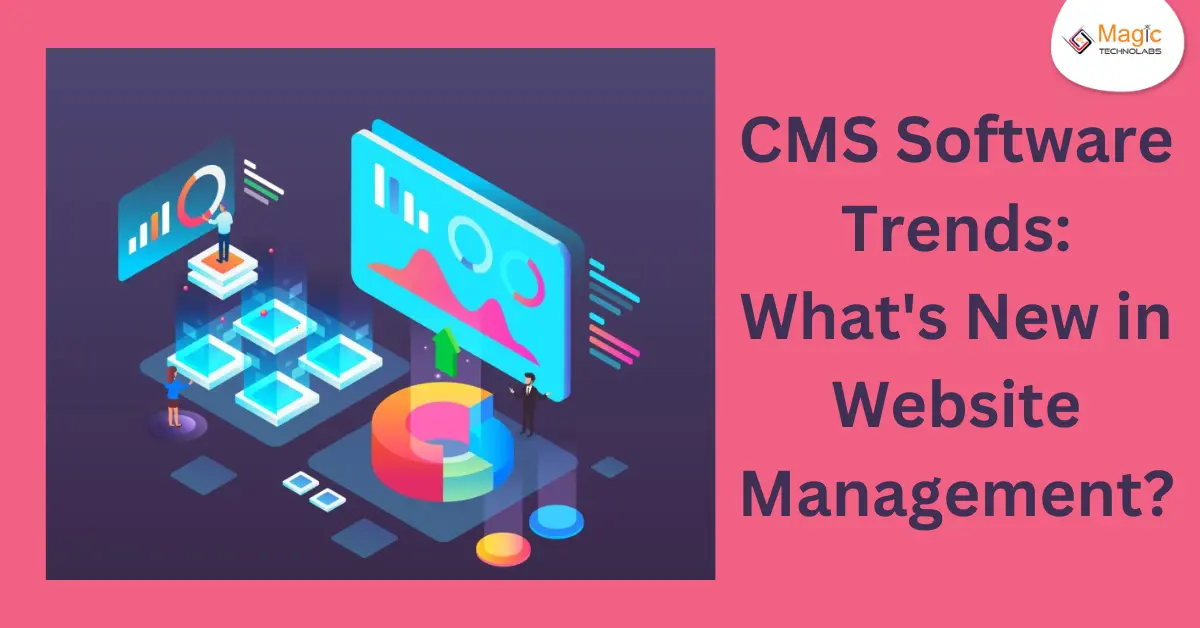In the dynamic world of website management, staying abreast of the latest CMS software trends is essential for businesses aiming to maintain a competitive edge. Here's a glimpse into what's new and noteworthy in the realm of CMS:
1. Headless CMS: One of the most prominent trends is the rise of headless CMS platforms. Unlike traditional CMS systems, headless CMS decouples the content management and presentation layers, allowing for greater flexibility and agility in delivering content across various channels and devices. This approach enables developers to build custom front-end experiences while leveraging the content management capabilities of the CMS.
2. AI-Powered Content Management: Artificial intelligence (AI) is increasingly being integrated into CMS platforms to streamline content creation, optimization, and personalization processes. AI algorithms can analyze user behavior, preferences, and engagement metrics to deliver targeted content recommendations, automate content tagging and categorization, and even generate personalized content dynamically.
3. Cloud-Based CMS Solutions: Cloud-based CMS solutions continue to gain traction due to their scalability, accessibility, and cost-effectiveness. With cloud-based CMS platforms, businesses can easily scale their infrastructure based on demand, access their content from anywhere with an internet connection, and benefit from automatic updates and backups provided by the cloud service provider.
4. Modular and API-First Architectures: CMS platforms are embracing modular and API-first architectures to facilitate seamless integration with third-party applications, services, and data sources. This modular approach enables businesses to assemble and extend their CMS functionality with ease, empowering them to create tailored solutions that meet their specific requirements.
5. Emphasis on Security and Compliance: With the increasing prevalence of cybersecurity threats and data privacy regulations, CMS vendors are prioritizing security and compliance features in their platforms. This includes robust user authentication and authorization mechanisms, encryption of sensitive data, and compliance with industry standards such as GDPR and CCPA.
By keeping a finger on the pulse of these CMS software trends, businesses can make informed decisions about their website management strategies, drive digital innovation, and deliver exceptional user experiences in today's fast-paced digital landscape.
















